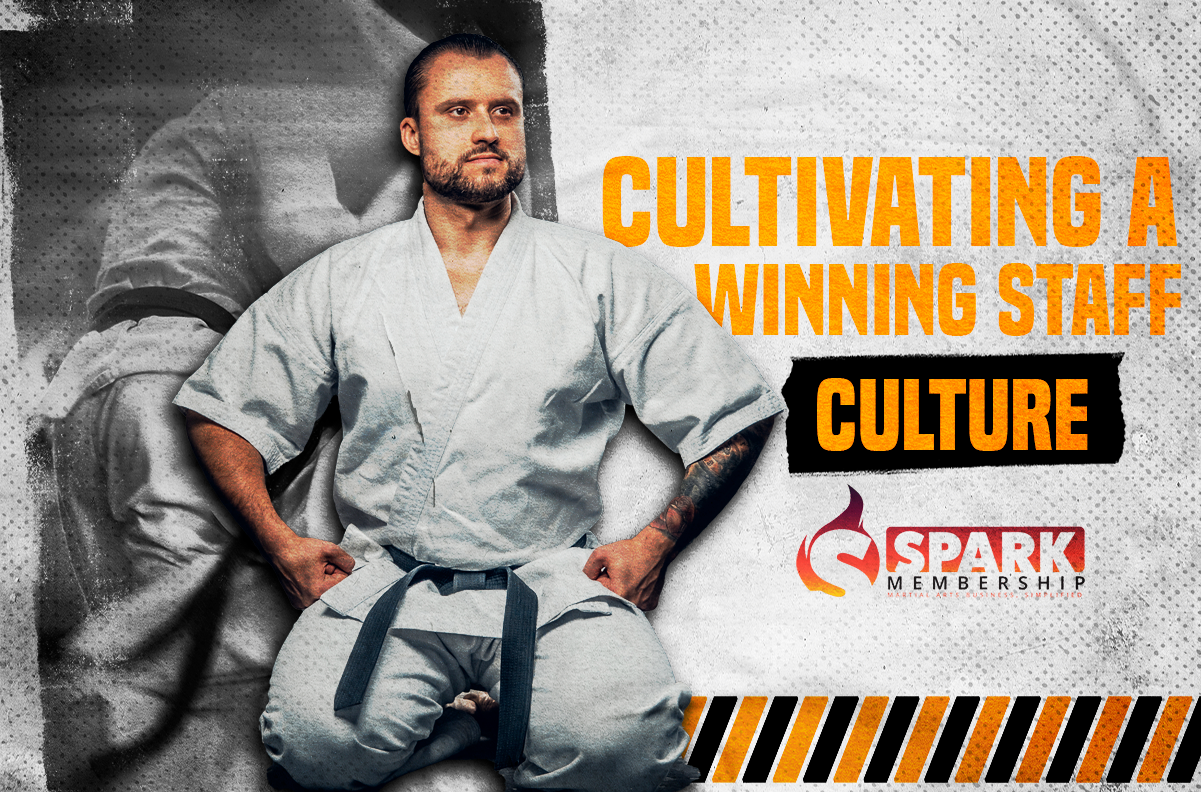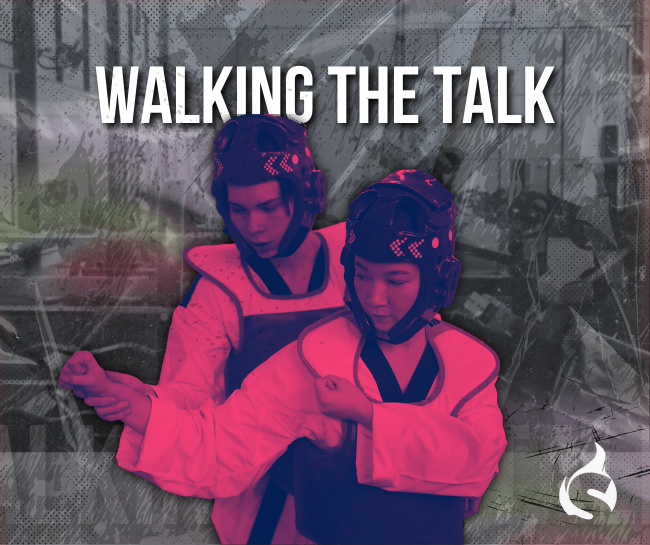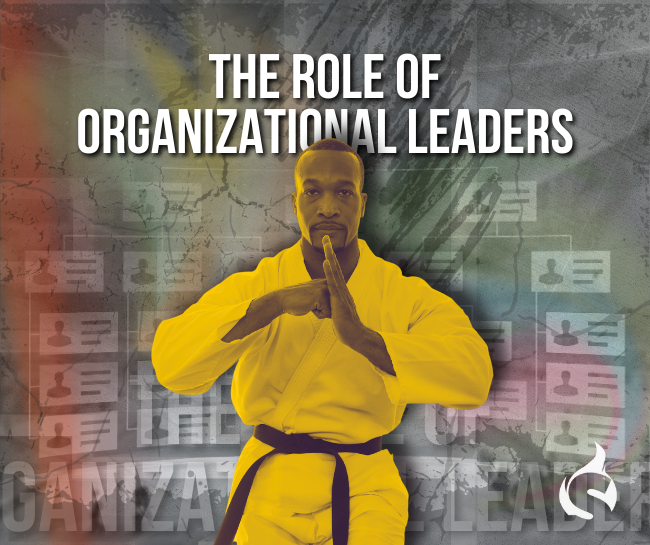
In the fast-paced business world, one of the keys to success lies in developing a skilled and motivated staff. As an entrepreneur and martial arts enthusiast, I recently had the opportunity to attend a transformative event that shed light on the power of cultivating the right staff mindset. In this blog post, I want to share my experiences and insights on staff development, focusing on building a solid and productive team culture. So, let’s dive into the techniques that can unlock the potential of your staff and take your organization to new heights.
Defining the Ultimate Goal:

Before embarking on the journey of staff development, it is essential to understand your ultimate goal clearly. Do you aspire to have your team members perform at the highest level, become future leaders, or open their branches? Only some individuals will align with these aspirations, so assessing their interests and ambitions early on is crucial. Some team members may be content with their current roles, while others possess the potential to grow and embrace new opportunities. You can effectively guide their development by identifying their unique strengths and goals.
The Power of Cleaning Responsibilities:

Creating a culture of ownership and accountability is essential for staff development. Assigning cleaning responsibilities to team members at all levels is an effective technique to instil this mindset. Instead of relying on professional cleaners, delegate cleaning tasks throughout the organization. Regularly assess the cleanliness and tidiness of your workplace, as it reflects the team’s commitment and attention to detail. You set the foundation for a disciplined, growth-oriented staff by fostering a clean and organized environment.
Walking the Talk: Customer-Centric Mindset:

A valuable lesson I learned from a successful entrepreneur was the power of a customer-driven approach. Just as this individual built a billion-dollar company around serving customers better, we must prioritize the well-being and development of our students. Our ultimate mission as a martial arts school is to help and nurture our students. By instilling a customer-centric mindset within your staff, you create a culture that goes above and beyond, continuously striving for excellence. This approach will undoubtedly yield long-term success and loyalty from your student base.
The Role of Organizational Leaders:

As the commander of your martial arts school, setting the cultural tone for your team is essential. Think of your organization as a military unit with various positions and responsibilities. Take time to outline these roles, clearly defining expectations and responsibilities for each team member. However, it is crucial to acknowledge the challenges that arise when a key team member aligns differently from the desired culture. Sometimes, tough decisions must be made to preserve the team’s cohesion and long-term success. Cultivating the right culture requires leaders to prioritize collective well-being over individual roles.
💡 Cultivating a winning staff culture begins with the visionary guidance of organizational leaders.
Staff development is a continuous and evolving process that demands a deep understanding of your team members’ aspirations and abilities. By aligning individual goals with the organization’s ultimate objectives, implementing cleaning responsibilities to foster ownership, embracing a customer-centric mindset, and being decisive in maintaining a strong team culture, you can unlock the full potential of your staff. Remember, the journey to success is not without challenges, but with the proper techniques and a dedicated team, you can create an environment where productivity and growth thrive. Embrace these insights and lead your staff toward a brighter future.
Now, take action and ignite your staff culture with Spark Membership Software. Streamline operations, foster collaboration, enhance engagement, and cultivate belonging.